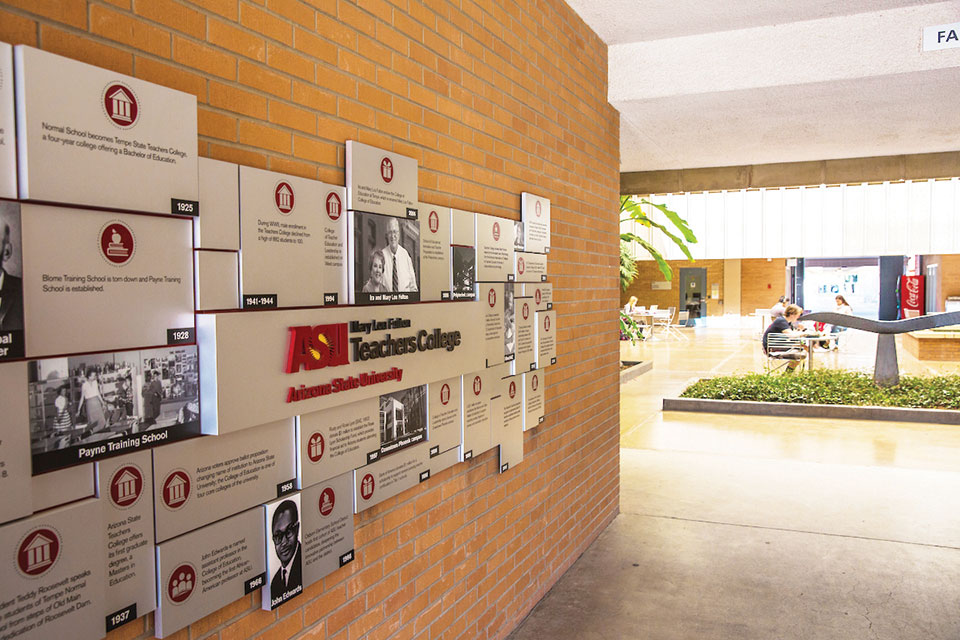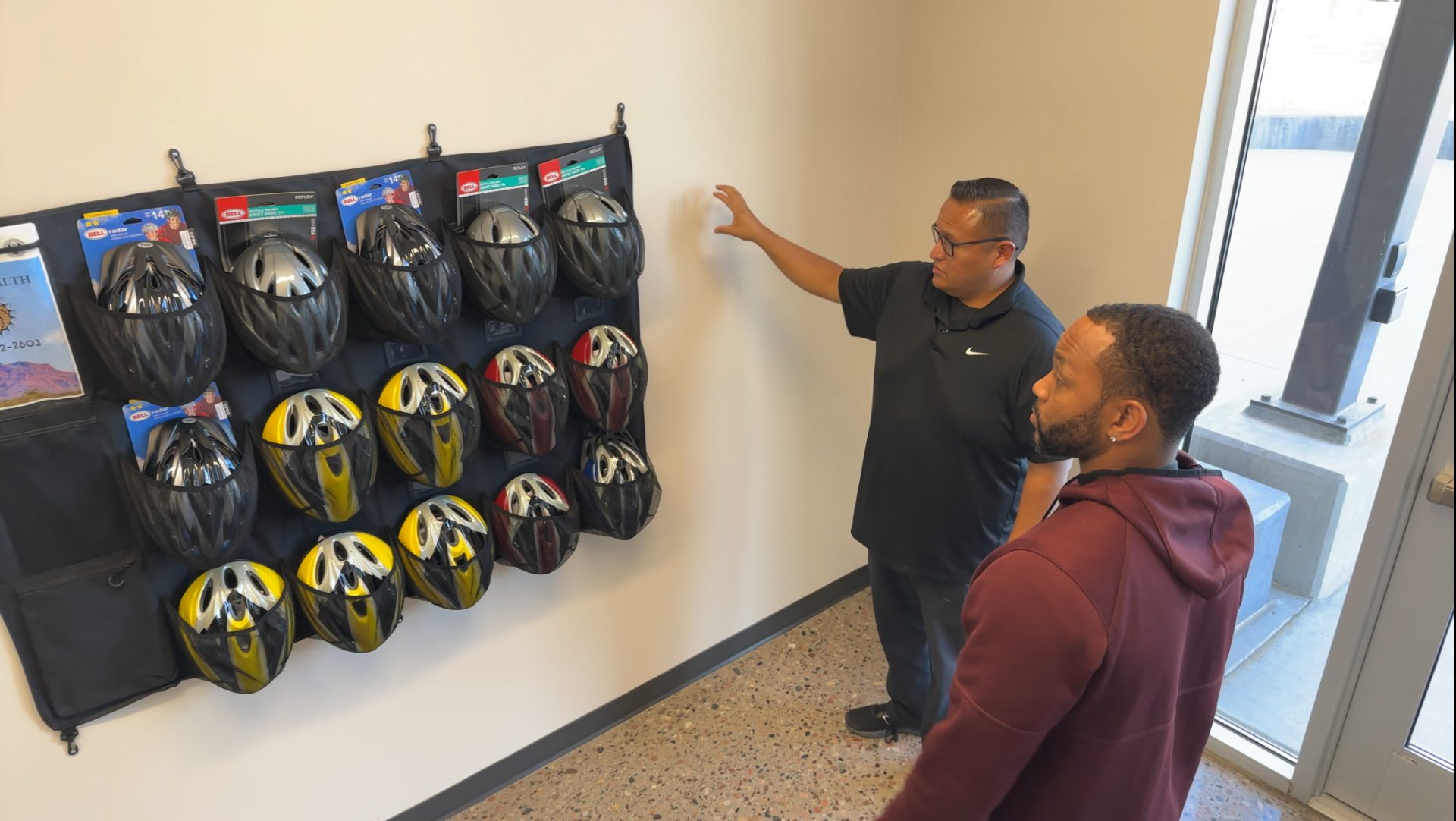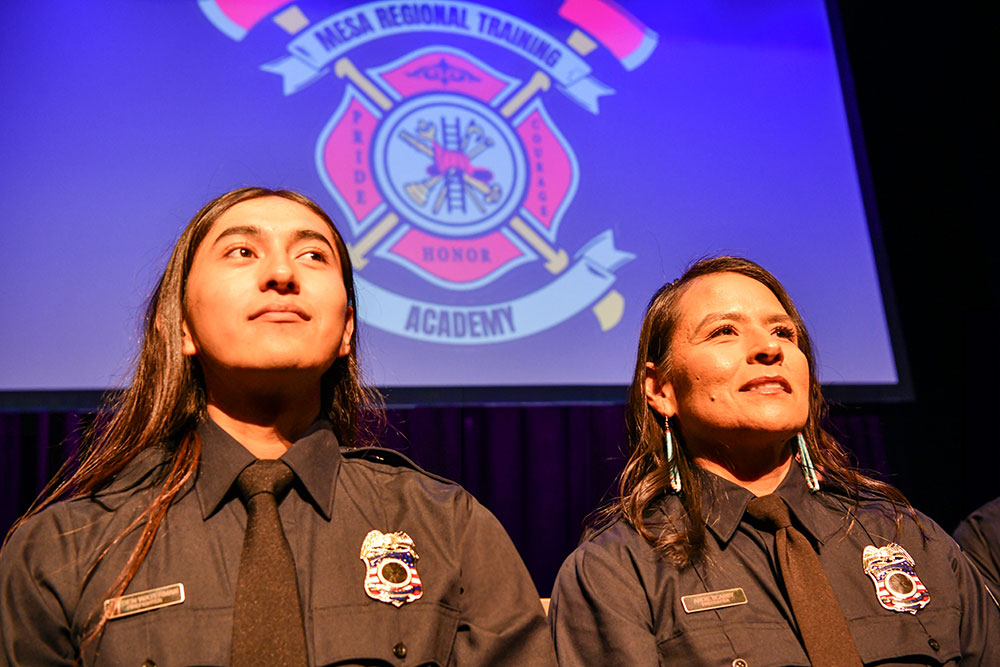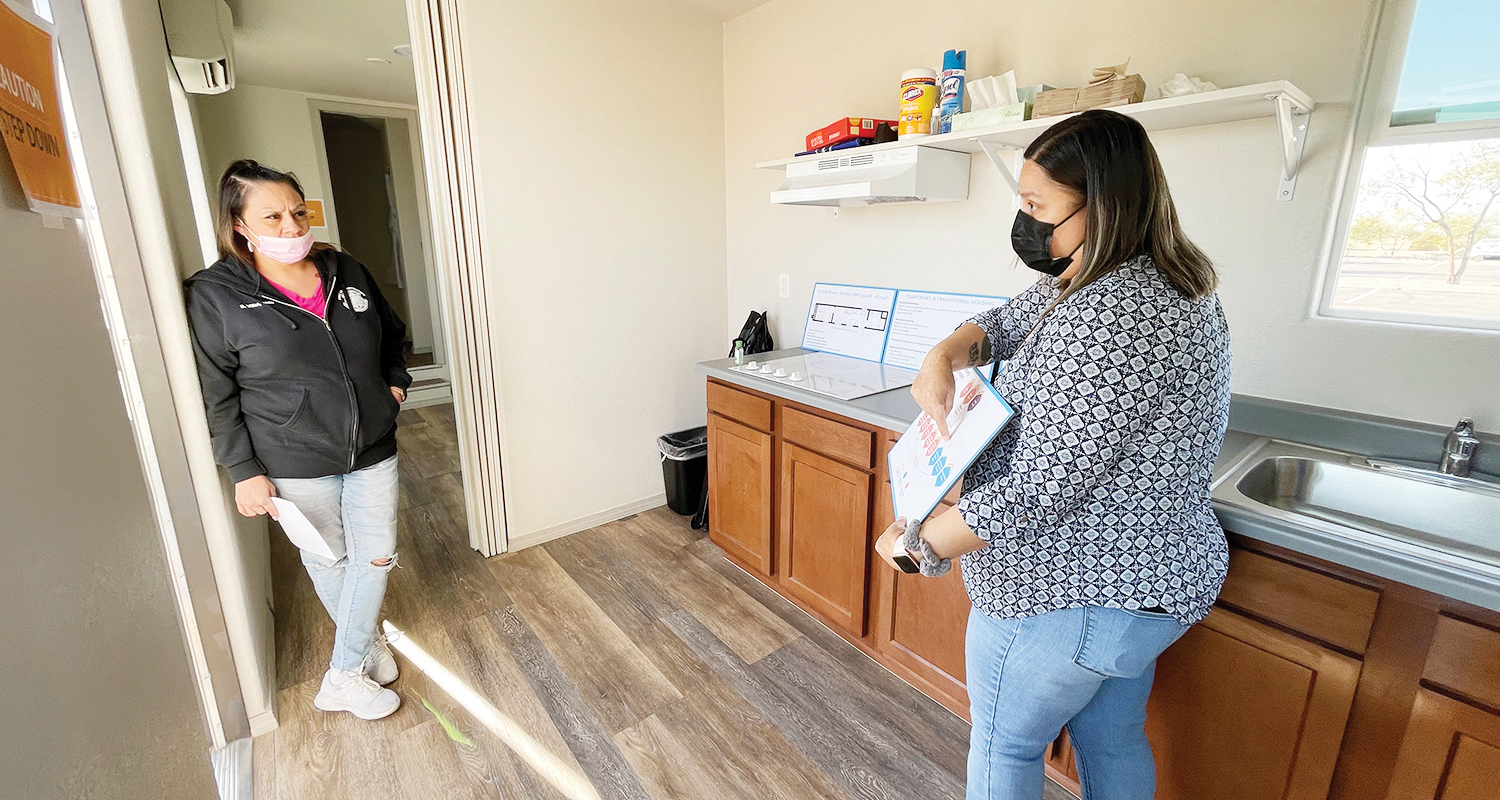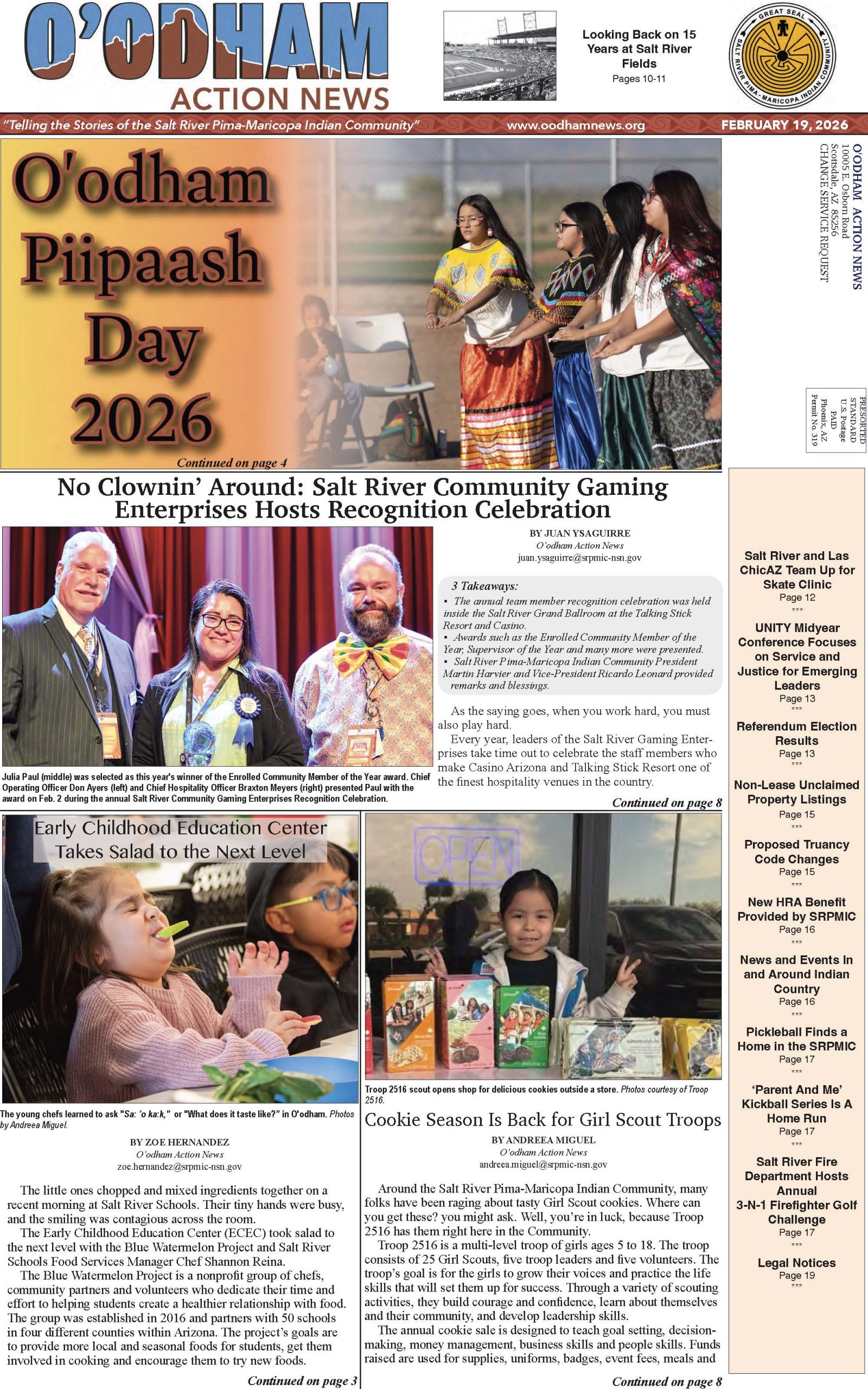VIEWS: 3022
September 7, 2021ASU Will Receive Funds to Prepare 140 Indigenous Educators
Arizona State University will be receiving funds toward its Preparing Educators for Arizona’s Indigenous Community (PEAIC) Project, which is expected to prepare 140 Indigenous educators in their career pursuits.
The U.S. Department of Education has allocated $1.4 million through its Indian Education Professional Development Grants Program, and the Arizona Department of Education is allocating $1 million.
A statement on the ASU Mary Lou Fulton Teachers College website read, “The federal funds will support tuition, fees and expenses to prepare 20 early childhood education teachers in the federally recognized Gila River Indian Community and the Salt River Pima-Maricopa Indian Community.”
Dr. Nicole Thompson, professor and vice dean of the division of teacher preparation at Mary Lou Fulton Teachers College at ASU, said that these funds will support the school’s effort to strengthen education in Arizona’s tribal communities by empowering people from those communities to become educators.
“We are doing everything we can to remove the barriers to entry and success for those who dream of becoming teachers and educators,” said Thompson.
There are three main groups of educators that the PEAIC Project expects to prepare. The first group will be those who enroll in one of two of ASU’s early childhood education programs to earn a bachelor of applied science in early childhood studies degree or a bachelor of arts in early childhood education and early childhood special education degree.
Thompson expects to recruit students for these programs from among those who are already working as paraprofessional educators in learning environments and childcare centers in their tribal communities.
“These students will take their courses remotely. While coursework will be online, these students will conduct professional internships in schools in their communities,” she said.
The second group will be those who enroll in ASU’s bachelor of arts in special education and elementary education. That is a dual certification program. Students will take their ASU classes using what is called ASU Sync. Instructors and students are not in the same physical space but do meet at the same time over Zoom or a similar service.
The third group will be people in extended kin networks of people rooted in tribal communities and cultures who can complement the work of certified teachers.
Thompson said that ASU is all about combining access with excellence.
“At Mary Lou Fulton Teachers College, we are doing everything we can to remove the barriers to entry and success for those who dream of becoming teachers and educators,” said Thompson. “We know this is vital for our tribal communities. Through these programs, as well as Arizona Teachers Academy scholarships, we have effectively removed tuition as a barrier to entry. Through the kind of community-based and culturally responsive mentorship and engagement enabled by these grants, we hope to increase the odds of success for the educators these programs prepare and, ultimately, the children and youth they go on to serve.”
One of the things that Thompson is really excited about is the extended kin network; she believes it is crucial to the success of educators in tribal communities.
“At our college, we work towards building what we call ‘the Next Education Workforce,’ and part of that idea is that kids need what we call ‘community educators’ to thrive,” said Thompson.
“This is the first step towards revitalizing the college’s close connection with tribal communities to address their teacher-preparation needs. We intend to continue on this path with the Salt River Pima-Maricopa Indian Community and extend our reach to other Indigenous communities as well.”

